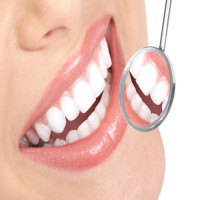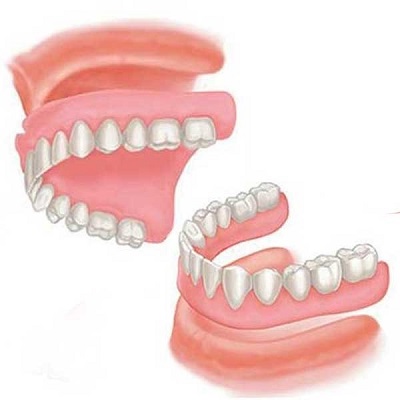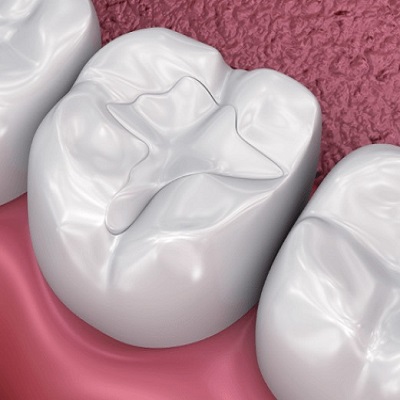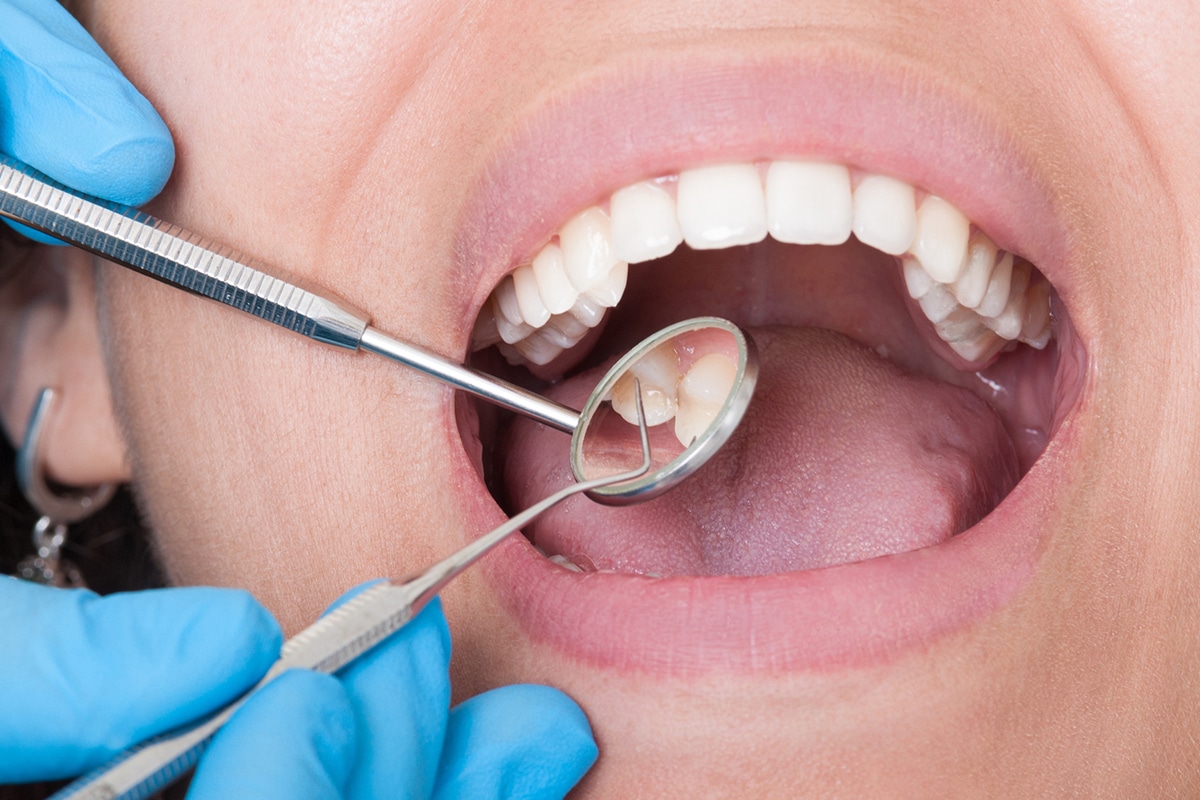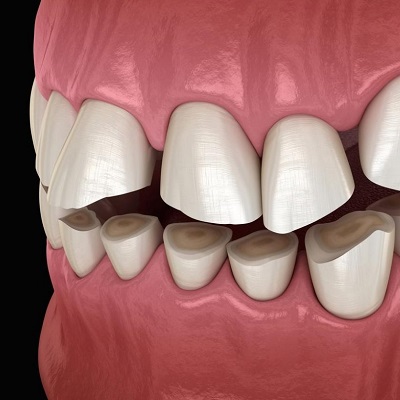The Importance of Custom-Fit Dental Appliances for Optimal Results
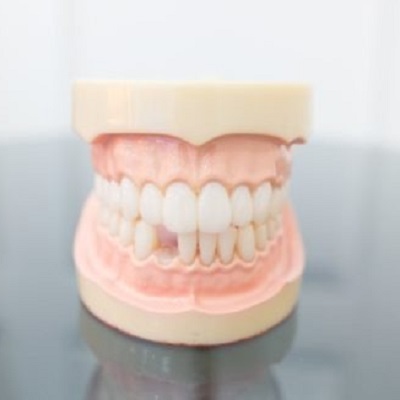
Strong 8k brings an ultra-HD IPTV experience to your living room and your pocket.
Best Dental Appliances are an essential part of many dental treatments, from managing temporomandibular joint (TMJ) disorders to correcting misaligned teeth and protecting against teeth grinding (bruxism). While over-the-counter dental appliances may seem convenient, custom-fit appliances designed by dental professionals offer significantly superior results. They provide a precise fit tailored to an individual’s unique dental structure, leading to enhanced comfort, effectiveness, and long-term success.
What Are Custom-Fit Dental Appliances?
Custom-fit dental appliances are devices created specifically for a patient’s mouth. Unlike one-size-fits-all or boil-and-bite models available over the counter, custom appliances are designed using detailed impressions or 3D scans of the patient’s teeth and bite. This ensures a perfect fit, which is crucial for the appliance to function correctly, remain comfortable, and last longer.
Types of custom-fit dental appliances include:
Nightguards for bruxism (teeth grinding)
Mouthguards for sports protection
Orthodontic retainers or aligners
TMJ splints for jaw alignment
Sleep apnea devices to open airways
Why Custom-Fit Dental Appliances Matter:
Precision Fit for Better Comfort:
A custom-fit dental appliance is molded to fit the patient’s unique mouth shape, providing unparalleled comfort. Generic or over-the-counter appliances often feel bulky or uncomfortable, which can lead to difficulties in wearing them regularly. A poor fit may cause irritation to the gums, lead to ulcers, or even worsen the condition it’s meant to treat.
Custom appliances ensure that they rest securely in place, which is particularly important for devices like nightguards, where a loose fit can reduce effectiveness or cause discomfort.
Increased Effectiveness:
For dental appliances to function as intended, they must fit perfectly. Take orthodontic appliances, for example—such as retainers or clear aligners—which rely on precise pressure on specific teeth to shift them into their correct position. If the appliance doesn’t fit well, the treatment might not work properly, delaying results or causing additional complications.
In TMJ therapy, bite splints must position the jaw correctly to relieve pressure on the temporomandibular joint. A custom-fit splint ensures the jaw is aligned correctly, reducing pain and preventing long-term damage.
Better Protection:
Custom-fit mouthguards used during sports offer better protection than their generic counterparts. They are designed to absorb impact more efficiently because they align perfectly with the teeth and gums. Poorly fitting mouthguards can shift or fall out during activity, offering little protection and increasing the risk of injury to the teeth and jaw.
Enhanced Durability:
Custom dental appliances are typically made from higher-quality materials compared to over-the-counter products. These materials are more durable and long-lasting. A custom nightguard, for instance, is designed to withstand the grinding and clenching forces of bruxism, providing better protection for the teeth over time.
In contrast, generic appliances may wear out quickly, requiring frequent replacements, which can be more costly in the long run.
Personalized Treatment:
Custom-fit dental appliances are part of a broader, personalized treatment plan developed by a dental professional. They are created based on a comprehensive understanding of a patient’s dental and medical history, ensuring that the appliance addresses specific issues effectively.
For instance, patients with sleep apnea often benefit from a custom mandibular advancement device. These devices hold the jaw in a forward position to open the airway during sleep. A generic device might not account for individual variations in jaw structure, leading to discomfort or ineffective treatment.
The Custom-Fit Process:
The process of creating a custom-fit dental appliance is thorough and precise. Here’s what you can expect:
Initial Consultation:
Your dentist will evaluate your condition and determine whether a custom appliance is the right treatment for you.
Impressions or Scans:
Detailed impressions or digital scans of your teeth and bite are taken. These provide an accurate blueprint for the design of your appliance.
Appliance Creation:
The impressions or scans are sent to a dental lab where your appliance is fabricated. High-quality materials are used to ensure the device is durable and effective.
Fitting:
Once the appliance is ready, you’ll return to your dentist for a fitting. Any necessary adjustments will be made to ensure the appliance fits perfectly and feels comfortable.
Ongoing Monitoring:
For certain appliances, such as orthodontic retainers or sleep apnea devices, regular check-ups with your dentist are necessary to monitor progress and make adjustments as needed.
The Drawbacks of Generic Dental Appliances:
While generic dental appliances are readily available and often more affordable upfront, they come with significant downsides:
Poor Fit:
Generic appliances are designed to fit as many people as possible, meaning they’re unlikely to fit any one person perfectly. This can lead to discomfort, reduced effectiveness, and potential harm to the teeth and gums.
Limited Longevity:
Over-the-counter appliances are typically made from cheaper materials, meaning they wear out faster and need to be replaced more often.
Reduced Effectiveness:
Whether it’s a nightguard, retainer, or mouthguard, a poor fit diminishes the appliance’s ability to perform its intended function. This can prolong treatment time, increase the risk of complications, or leave you unprotected.
Possible Harm:
Ill-fitting dental appliances can do more harm than good. A nightguard that doesn’t fit properly can cause jaw misalignment, worsening TMJ symptoms. Similarly, an orthodontic appliance that doesn’t fit well can shift teeth in the wrong direction.
Conclusion:
Custom-fit dental appliances are an invaluable part of many dental treatments, offering tailored solutions for issues like bruxism, TMJ disorders, orthodontic needs, and more. Their precise fit, superior comfort, and durability make them far more effective than generic alternatives. While they may require a greater investment upfront, the long-term benefits in terms of improved health, comfort, and protection make custom-fit dental appliances the clear choice for optimal results. If you’re considering a dental appliance, consult with your dentist to explore the best custom options for your needs.
Note: IndiBlogHub features both user-submitted and editorial content. We do not verify third-party contributions. Read our Disclaimer and Privacy Policyfor details.

